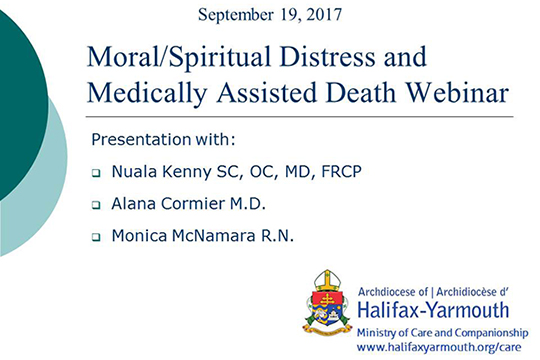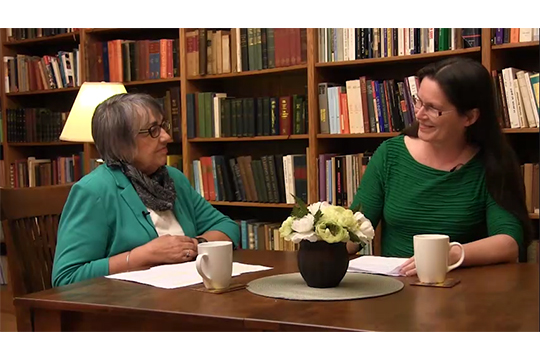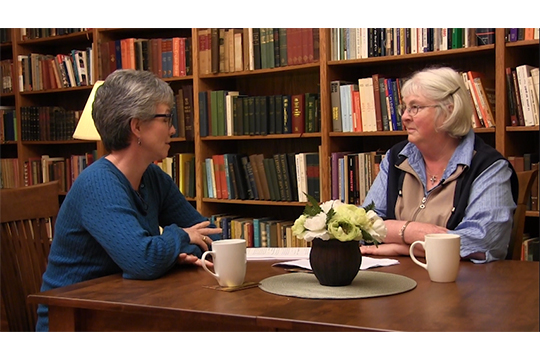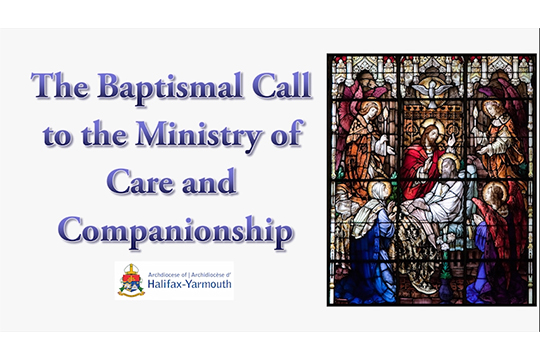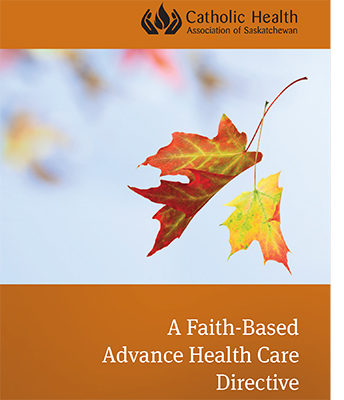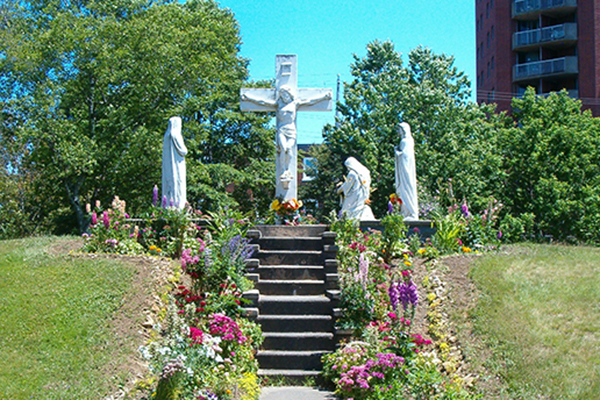
Ministry of Care and Companionship
as we care for the sick and comfort the dying.

Death of St. Joseph
Stain Glass Window, St. Mary’s Cathedral Basilica, Halifax, NS

The inaugural Archbishop James M. Hayes Symposium will happen May 9, 10, and 11, 2016 and is being hosted by the Atlantic School of Theology (AST). The theme of the symposium is: Living Through Death: Dying, Death and Bereavement.
The Symposium is a learning opportunity for the ongoing professional development of health care providers, spiritual care practitioners, and those interested in broadening their understanding of dying, death and bereavement in our changing world.
Following the release on February 25, 2016, of the report Medical Assistance in Dying: A Patient-Centred Approach, by the Special Joint Committee of the Government of Canada on Physician-Assisted Dying, several declarations and reactions have been published. They include:
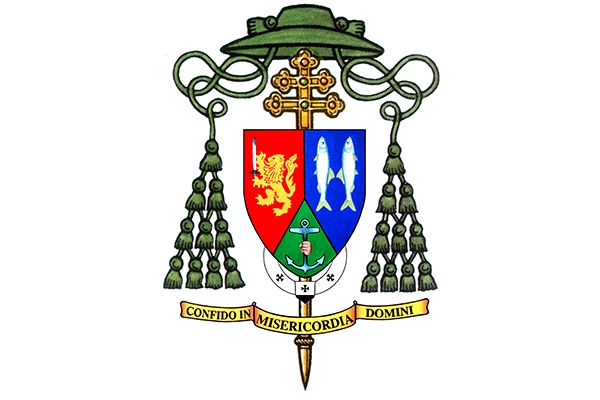
February 26, 2016
To the Catholic Faithful of the Archdiocese of Halifax-Yarmouth
Dear Friends,
On February 25th, 2016, the joint committee of the Government of Canada released its report entitled: Medical Assistance in Dying: A Patient-Centered Approach. It is with great sadness and disappointment that I write this pastoral note to express the inadequacy and unacceptability of these recommendations to the Canadian Government as it prepares itself to pass legislation on the matter of assisted suicide.
On Thursday, February 25, the special joint parliamentary committee on physician- assisted dying released their report, “Medical Assistance in Dying: A Patient- Centred Approach”. The 21 recommendations published in the report have stirred much debate in this already divided subject. The Canadian Conference of Catholic Bishops (CCCB) added their unified voice to this current conversation and released an official statement on Friday, February 26. Our own Archbishop Anthony Mancini has expressed his sadness and disappointment regarding the report in a pastoral note to the faithful of Halifax-Yarmouth. Read his full message on the Archdiocesan website under Letters to Faithful. Click here.
Deacon Larry Worthen of St. John XXIII Parish has been asked to present to the Parliamentary Committee on Assisted Death with Cardinal Thomas Collins of Toronto this Wednesday, February 3, 2016 in Ottawa. They have asked for our prayers.
They have these concerns: the protection of the vulnerable, conscience rights of healthcare workers and of healthcare facilities, and improved services for people with disabilities, mental illness and the elderly.
The Way of the Cross Today Booklet
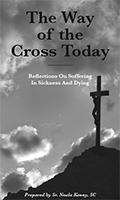
Reflections on Suffering in Sickness and Dying
Download Booklet version (Pdf)
or visit Salt & Light TV
for web version
Save
Save
Ministry of Care and Companionship Videos
Advanced Health Care Directive
Pastoral Letters on Physician Assisted Dying

* Pastoral Letter on Physician Assisted Dying (Eng/Fr)
By Archbishop Mancini - Link
(includes a download - FAQ on Physican Assisted Dying)
* A Pastoral Reflection on Medical Assistance in Dying
by the Atlantic Bishops
English
French
Catholic Funerals
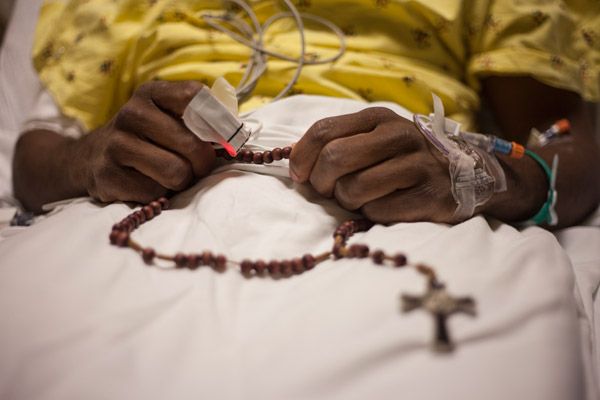
Prayer
Samples of prayers for specific moments, as well as contact info for a great variety of resources.
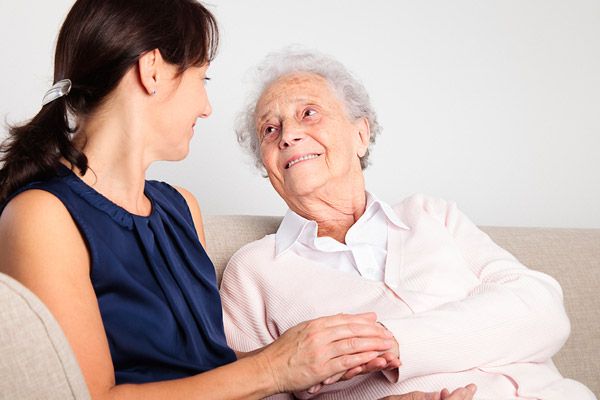
Services & Outreach
Descriptions and contact information for the services that are available throughout the archdiocese.

Resources
Contact info for information and materials to meet the great many needs, interests and circumstances.

